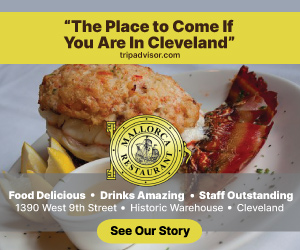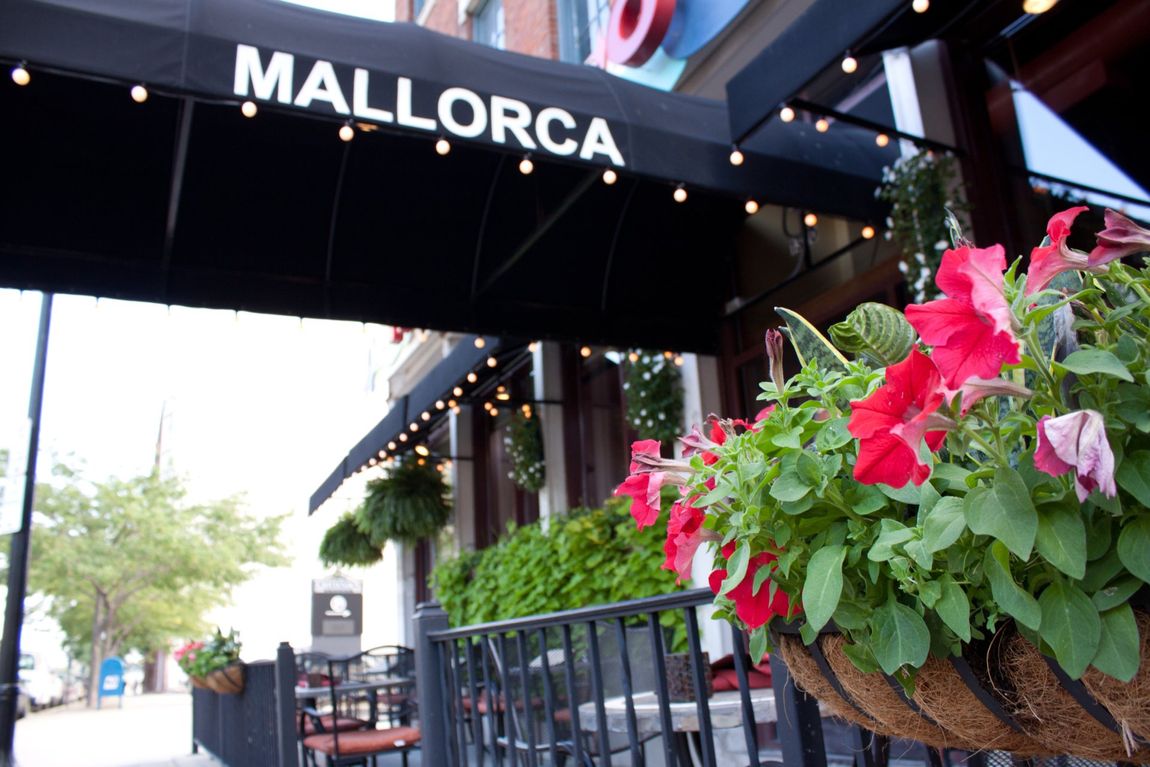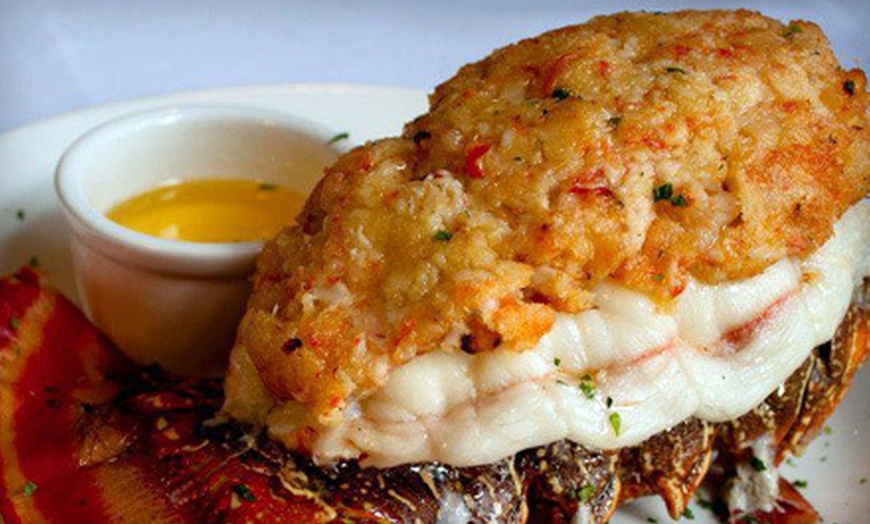Mallorca Owner To Succeed
For Her Staff - Restaurant
Industry In Crisis
Cleveland.com Writer Marc Bona speaks with Laurie Torres about the restaurant industry and how the Mallorca owner is driven to succeed. See the article below:

Marc Bona: Cleveland.com
Our series continues on how the service industry is enduring challenges of dealing with business in the age of coronavirus. Today we talk to Laurie Torres, owner of Mallorca downtown, about moving forward and what she thinks the dining scene will look like down the road. Marc Bona, cleveland.com. See the story below:
A fighting spirit that never wanes
CLEVELAND, Ohio – When Laurie Torres talks about her workers, she never uses the word ’employees’. It’s always ‘family.’ So making sure her restaurant – Mallorca in downtown Cleveland – comes back stronger than ever remains a serious priority.
It comes from a fighting spirit in her that never wanes.
Torres, a lawyer, bought the restaurant in 1997, set up her then husband to operate the business, and helped Mallorca get up and running. She put the beginning bricks in place: Legal work, human-relations, staffing. Then, a few years ago, her husband left her.

That persistent spirit continues to drive her
Suddenly, Torres was left facing a pile of debt, an eviction notice and a decision: Do I keep the restaurant going?
“It was a big choice for me, to say whether I wanted to do it or not,” she said. “What made me want to do it was feeding the staff.”
Torres tackles debt the way a seafood lover would ravenously devour a plate of camarones in her Spanish- and Portuguese-themed restaurant. She used personal money to pay her 15 employees, something she says if she has to, she’ll do again.
That persistent spirit continues to drive her.
"Put their heart and soul into the restaurant"
“These people have put their heart and soul into this restaurant. This restaurant is their house, this is their home. How do you say no to that? You can’t.”
And she’s not saying no now. She likens the workers to “captains of a ship with no captain. It was hard. It’s been a really tough three years recreating this business that is a wonderful restaurant. But I always say it’s harder to rebuild a business than it is to build a business because you’re starting from negative when you’re rebuilding.”
Mallorca, she said, has a soul “made up of all the joy that people have celebrated there for 24 years. The soul is made up of people who work there. When people ask me ‘Will Mallorca survive?’ I always say Mallorca will survive. We won’t survive because of loans from the government or deep pockets because mine are pretty much empty at this point. We’ll survive because of the people who work there who love the house, we’ll survive because of our love for the city.”
Those survival instincts kicked in not long after the governor issued the restaurant-shutdown order March 15. Her first reaction was feeling melancholy. She tried takeout briefly, then closed the restaurant.
"It was necessary for us to take care of each other"
“First of all, I understood it. My father always taught me when I was growing up, the most important aspect we have is empathy because we are here to love each other and lift each other up,” Torres said. “If it was necessary for us to take care of each other, I understood it, but at the same time I remember the day after going down and cleaning the refrigerator, preparing the restaurant to be closed. I walked out that day and sat in the car and started sobbing.”
Mallorca has never closed for more than one day – Christmas. So it’s understandable when she says “It was a lot like walking away from your child and going ‘I’ll be back when I can.’ It was difficult.”
What is clear to Torres is the future. As many people in the industry have said, landscape will be drastically different because of a combination of factors, she said. Thin profit margins that restaurants hang on to are not conducive to paying back small-business loans in two years. Then there are the financial dynamics of the business.
“The economy is going to change; the prices will have to come down,” she said. “I have already made adjustments on my menu. People will not want to pay outlandish fees. They’ll still want to go out and they’ll still want to celebrate, but they’ll be conscientious of money. They will realize how volatile and how delicate your financial situation is.”
"Our country is based on the small business"
Add to that a saturation of eateries in Cleveland, and it’s a recipe that will be tough to digest.
“Our country is based on the small business. … That’s what the dream is, the little guy going ‘Hey, I have this talent, and I’m going to go out and use it.’ That’s what our country is built on. It’s a shame because it’s is going to tear away at that. And the restaurant business is going to be affected a lot.”
With other service-based businesses like legal work, she said, you can go without business and then catch up. But if a restaurant has been shut down you’re in a hole, and climbing out means forking over a lot of money for startup costs.
“All of a sudden we haven’t been open, I have to go out and buy thousands of dollars of food. That’s expensive.”
She says estimates of closures being in the 25 to 30 percent range are probable. But she reserves her optimism for places… people know. Newer restaurants without the reputation will have a tougher time, she said.
THE ABOVE CONTENT PROVIDED BY CLEVELAND.COM – www.Cleveland.com.



